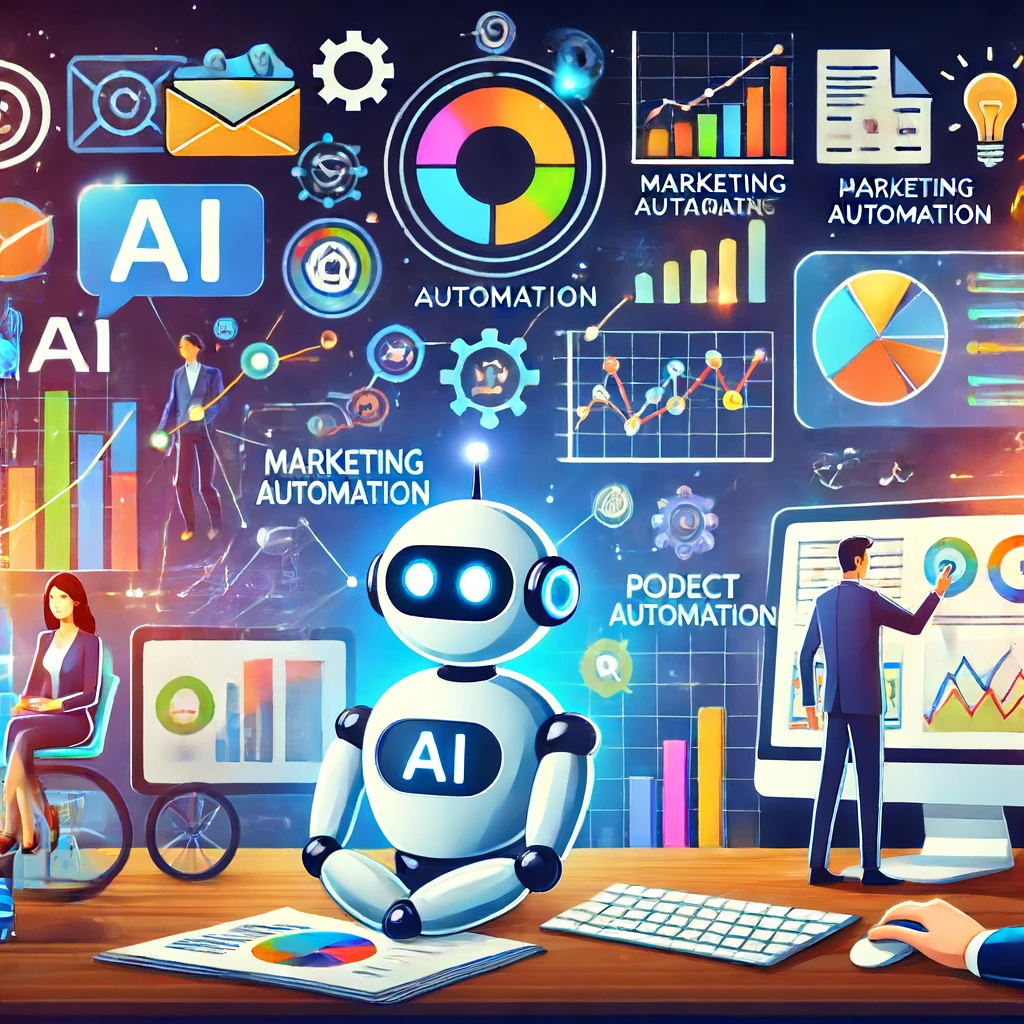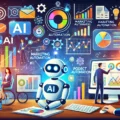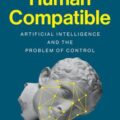How Artificial Intelligence Will Transform Industries in the Next Decade
The AI Revolution: How Artificial Intelligence Will Transform Industries in the Next Decade
In the next decade, artificial intelligence (AI) is poised to revolutionize various industries, transforming the way businesses operate and fundamentally changing the landscape of modern work. From healthcare to finance, transportation to education, AI will leave an indelible mark on every sector, creating new opportunities for growth, innovation, and efficiency.
The Rise of AI: A Brief History
Before we dive into the transformative potential of AI, it’s essential to understand its evolution over the years. The concept of artificial intelligence dates back to the 1950s when computer scientist Alan Turing proposed the idea of a machine that could think and learn like humans. However, it wasn’t until the development of deep learning algorithms in the late 2000s that AI truly began to gain traction.
In recent years, AI has experienced an exponential growth spurt, driven by advancements in computing power, data storage, and sensor technologies. This surge has enabled the creation of sophisticated machine learning models capable of processing vast amounts of data, recognizing patterns, and making predictions with uncanny accuracy.
Industry by Industry: How AI Will Transform Business
Healthcare
In healthcare, AI is poised to revolutionize patient diagnosis, treatment, and outcomes. For instance:
- Medical Imaging Analysis: AI algorithms can analyze medical images such as X-rays and MRIs to detect abnormalities and diagnose conditions like cancer more accurately than human radiologists.
- Predictive Analytics: AI-powered predictive models can forecast patient outcomes, identify high-risk patients, and optimize resource allocation in hospitals.
- Virtual Nursing Assistants: AI-driven chatbots can assist patients with basic needs, freeing up nurses to focus on more complex care.
Finance
In finance, AI will transform the way businesses operate, from risk management to customer service:
- Predictive Modeling: AI-powered predictive models can analyze market trends, identify potential risks, and optimize investment portfolios.
- Automated Trading: AI-driven trading platforms can execute trades at lightning-fast speeds, reducing latency and increasing efficiency.
- Customer Service Chatbots: AI-powered chatbots can provide 24/7 customer support, answering queries and resolving issues with unprecedented accuracy.
Transportation
In transportation, AI will revolutionize the way we move people and goods:
- Autonomous Vehicles: Self-driving cars and trucks will reduce accidents, improve traffic flow, and increase mobility for the elderly and disabled.
- Route Optimization: AI-powered route optimization algorithms can minimize fuel consumption, reduce emissions, and decrease delivery times.
- Predictive Maintenance: AI-driven predictive models can forecast equipment failures, enabling proactive maintenance and reducing downtime.
Education
In education, AI will transform the way we learn:
- Personalized Learning: AI-powered adaptive learning platforms can tailor educational content to individual students’ needs, abilities, and learning styles.
- Automated Grading: AI-driven grading systems can evaluate student assignments with greater accuracy and speed than human teachers.
- Intelligent Tutoring Systems: AI-powered tutoring systems can provide one-on-one support to students, enhancing engagement and retention.
Retail
In retail, AI will transform the way businesses interact with customers:
- Chatbots and Virtual Assistants: AI-powered chatbots and virtual assistants can provide 24/7 customer service, answering queries and resolving issues.
- Personalized Marketing: AI-driven marketing platforms can analyze customer behavior and preferences, delivering targeted offers and recommendations.
- Supply Chain Optimization: AI-powered supply chain optimization algorithms can predict demand, manage inventory, and streamline logistics.
The Benefits of AI: Efficiency, Productivity, and Innovation
So, what are the benefits of AI in various industries? The answer is simple:
- Increased Efficiency: AI can automate repetitive tasks, freeing up human resources for more strategic and creative work.
- Improved Productivity: AI-powered systems can analyze vast amounts of data, identify patterns, and make predictions with unprecedented accuracy.
- Innovation: AI will enable businesses to develop new products, services, and experiences that were previously unimaginable.
The Challenges of AI: Bias, Ethics, and Job Displacement
However, the widespread adoption of AI also raises important concerns:
- Bias and Fairness: AI systems can perpetuate existing biases if trained on biased data or designed with a particular worldview.
- Ethics and Accountability: As AI assumes more responsibility, questions arise about accountability and ethics in decision-making processes.
- Job Displacement: The automation of jobs may displace certain workers, particularly those performing repetitive tasks.
The Future of Work: Embracing the AI Revolution
So, what does the future of work look like? Here are some predictions:
- Upskilling and Reskilling: As AI assumes more responsibility, humans will need to upskill and reskill to remain relevant in a rapidly changing job market.
- New Job Opportunities: The rise of AI will create new job opportunities in fields like AI development, deployment, and maintenance.
- Human-AI Collaboration: Humans and AI systems will collaborate to solve complex problems, augmenting each other’s strengths and weaknesses.
Conclusion
In conclusion, the next decade promises to be a transformative time for industries worldwide. Artificial intelligence is poised to revolutionize healthcare, finance, transportation, education, retail, and many other sectors, creating new opportunities for growth, innovation, and efficiency. However, it also raises important challenges around bias, ethics, and job displacement.
As we embark on this AI journey, it’s essential to acknowledge the benefits while addressing the concerns. By embracing the future of work and harnessing the power of AI, businesses can create a more efficient, productive, and innovative world – where humans and machines collaborate to achieve greatness.







